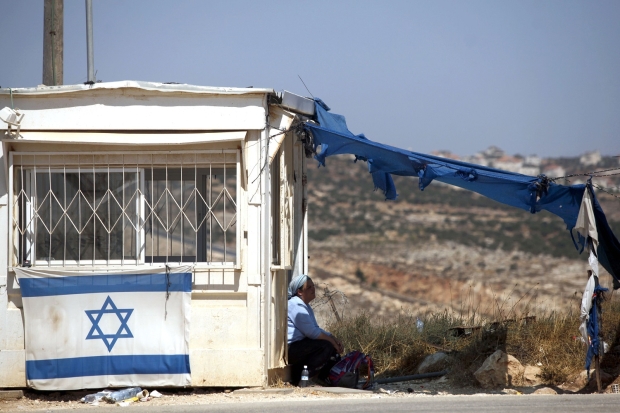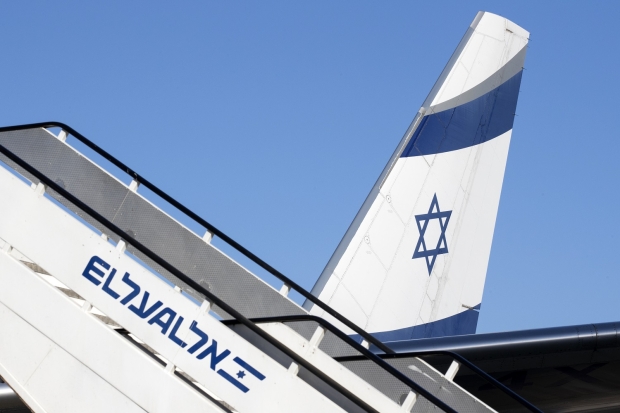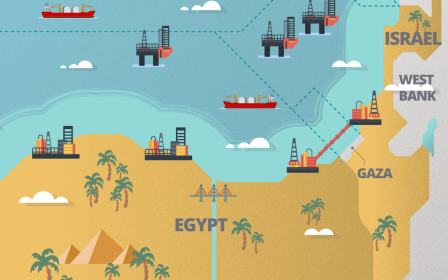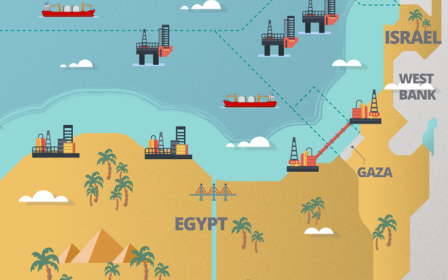Israeli press review: Underwater gas pipeline gets green light from the EU

Southern Europe to benefit from new pipeline
European countries could meet their energy needs within 10 years by purchasing natural gas from Israel after a deal was agreed to build the world’s longest underwater pipeline on the seabed of the Mediterranean, financial journal Globes reports.
The agreement is scheduled to receive European backing in the coming days, and will be officially signed into practice in February 2019. Observers believe that it will take a year to raise the $25 billion for construction costs and another five years to build the pipeline, meaning gas could begin to flow through it by 2025.
In the first phase, gas extracted from the territorial waters of Israel and Cyprus will flow through a pipe laid three kilometers beneath sea level. It will then travel more than 2,000km to reach Greece and Italy, who will purchase the supply under a special agreement.
An option also exists for other nearby nations that harvest their own fossil fuels to link up to the trans-Mediterranean pipeline and use it to transmit their own product to European markets, so long as they secure the consent of Israel and Cyprus.
Israeli Energy Minister Yuval Steinitz first proposed the project at a 2016 conference in the United Arab Emirates, since when the EU has spent $100m on tests to ensure that it is technically viable. Upon completion, it will be the first major Israeli infrastructure project developed in tandem with the EU.
Sworn in councillors vow to keep city ‘Jewish’ – not Arab
“We swore like members of parliament swear, that Afula will be a Jewish city, in the spirit of the Nation-State law,” said Afula city councillor Itai Cohen, one of those elected under the nationwide municipal elections late last month.
“It was emotional,” said Cohen. “Protecting Jewish Afula is totally legitimate.”
Upon entering office, Avi Elkabetz, the new mayor of Afula, a city of approximately 50,000 residents in the north of the country, announced that admission to the town park would now be restricted to residents, a move regarded as excluding Arab citizens without explicitly saying so.
Elkabetz campaigned for mayor on a platform promise of preventing Palestinian citizens of Israel from purchasing plots of land in the town and building homes there.
In June, Elkabetz joined Afula residents protesting outside the home of a Jewish family who had sold their house to a non-Jewish Arab family.
“The residents of Afula don't want a mixed city, but rather a Jewish city, and it's their right,” Elkabetz said in June. “This is not racism.”
Remote Jewish-only settlements get added tax breaks
According to the new “Map of National Priorities”, published by Israel’s Housing Ministry on Sunday, regions of the country with populations of less than 2,000 residents will be eligible for the benefits, which include subsidised infrastructure development and reduced-rate loans for residents.
Yotam Berger, Haaretz correspondent for the West Bank, said that that the language used in the document appears to be tailor-made for tiny settlement “outposts” that technically fall under the rubric of an existing settlement, but in practice operate independently.
Migron, Kerem Reim and Shvut Rachel are among the affected settlement outposts. The document also grants subsidies to Israeli communities “within two kilometres of an enemy border,” a move which includes villages in proximity to Gaza and Israel’s northern boundary with Lebanon.
While Israeli settlement activity in the West Bank is ruled as illegal under international law, isolated settlement outposts are often deemed illegal even by the standards of Israel’s own judicial system.
Security officials suspected of airport drug smuggling
The stash was seized on an incoming flight from Johannesburg operated by El Al, Israel’s national carrier. Israeli police later arrested Rami Yogev, a senior security agent for the firm, and raided his offices.
Yogev’s recent responsibilities at El Al included authority over El Al security in foreign nations, as well as on planes themselves. Beno Shalom, a former official in the Shin Bet, Israel’s secret services, was arrested, as were two men.
Earlier this month, police raided the offices of Pini Ginsburg, one of El Al’s owners, on suspicion of illegal insider trading. Ginsburg is alleged to have sold off quantities of El Al stock after he learned of the company’s quarterly losses, which authorities allege allowed him to pocket nearly $2 million.
*Israeli press review is a digest of reports that are not independently verified as accurate by Middle East Eye.
New MEE newsletter: Jerusalem Dispatch
Sign up to get the latest insights and analysis on Israel-Palestine, alongside Turkey Unpacked and other MEE newsletters
Middle East Eye delivers independent and unrivalled coverage and analysis of the Middle East, North Africa and beyond. To learn more about republishing this content and the associated fees, please fill out this form. More about MEE can be found here.







